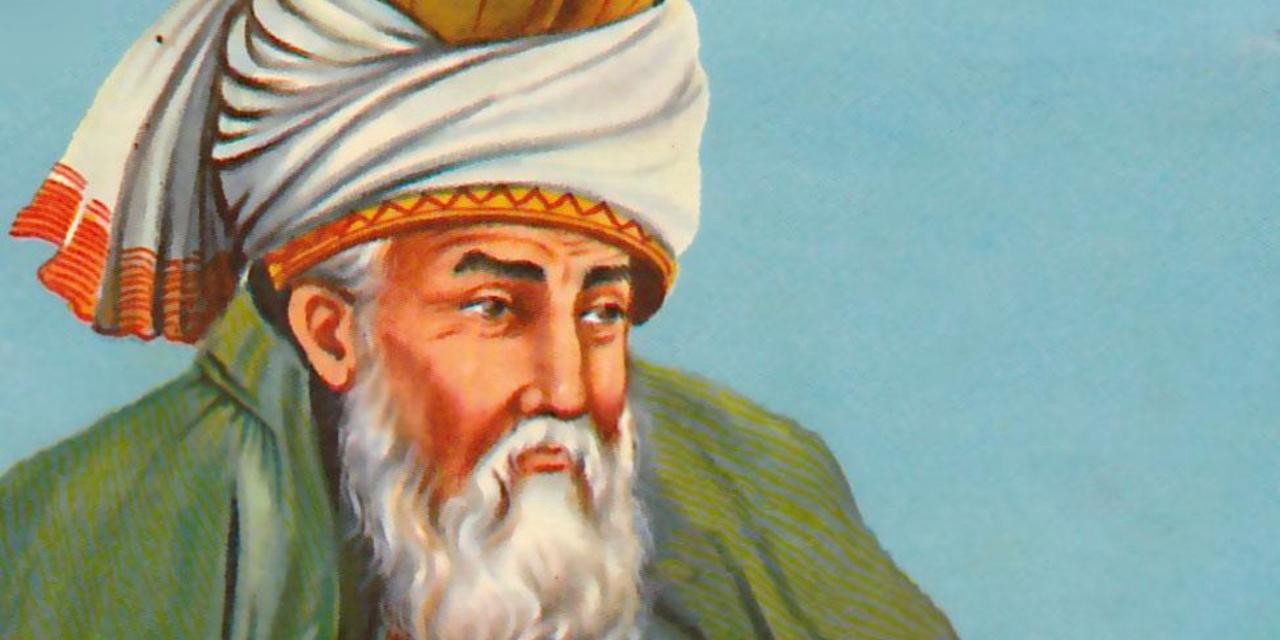It’s strange to consider that humans have only been able to live for more than 50 years on average since the early 1900s. Just think of the average amount of wisdom available in society today compared to centuries before, where we’d maybe get one village elder for every 200+ people.
Also consider how young we are as a species to only now get the opportunity to interact with so much wisdom from so many kinds of elders. We act as though this is the way things have always been, but throughout all of history up to 100 years ago many mothers died in childbirth, almost half of children died of disease before 10, and most everyone else died before the age of 45, for one reason or another.
Now people can live into their 80s and 90s regularly, as if that’s what’s always been expected of them, as if that’s no big deal at all. Reflections on our family and social histories can now extend 30+ years… and as a species, we don’t have to be short-sighted in our decision-making, there are people alive today who have seen all this before, and have a pretty good sense of how things are going to turn out.
We’re also allowed to see old prejudices plainly, and not dust them under the rug so easily. Racism, gender discrimination, class warfare and economic injustices that thrived in the 1970s, 1960s, 1950s, 1940s are still very literally alive today, and as vocal as they were then… propagated by the very same people who are somehow still alive. We can see, maybe for the first time in all of human history, how continuous these sensibilities are, and how they still grip us, as living history. Most U.S. Presidents, in fact, assumed office in their 50s… which, if you think back, seemed like a really old age when we were taught them, growing up. And Trump was inaugurated as the oldest of them all at 70s, and we all still consider that relatively young. Even Reagan was considered an elderly character in 1981, inaugurated at the age of 69. All products of beliefs from their time… and Trump possible the product of beliefs we may have otherwise outgrown by now, were it not for how we view older age in 2017.
I also think of sages like Rumi, who lived to 66. Or Lao Tzu, who lived to 73, same as Walt Whitman. Florence Nightingale lived to 90! These people were very few and very far between, and partially so well-remembered because they were able to hit these ripe old ages, to impart their wisdom, as elders. Today you can click on a TED Talk and listen to a huge range of people with thoughtful, enlightening life experiences across the span of human endeavor dish that wisdom out, ideas that elders of history would’ve had a lot less time to get to, since previous elders still had to do the myriad daily chores that essentially kept them alive and well enough to be wise at all. It’s not like they had supermarkets, HMOs or gyms after all.
Does this mean everyone past 50 is a fount of wisdom? Of course not, and in fact there’s evidence that living extended lives also added distinctly new phases to the human lifespan that don’t count us as properly “old” until we’re past 70. Plus, our neuron paths are more fervently myelinated/reinforced in their ways as time passes, and so less plastic/able to change. In short, you still have to gauge who’s wise and who isn’t yourself, pals.
Still, in the words of Madeleine L’Engle: “The great thing about getting older is that you don’t lose all the other ages you’ve been.” My grandmother’s gained so many interesting years of nuance, observations, and reflections… I can only hope that the days I cram with reflection myself can be as full of wisdom when I reach 88.
Originally published at medium.com


